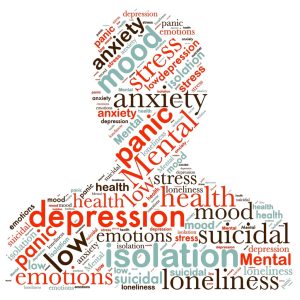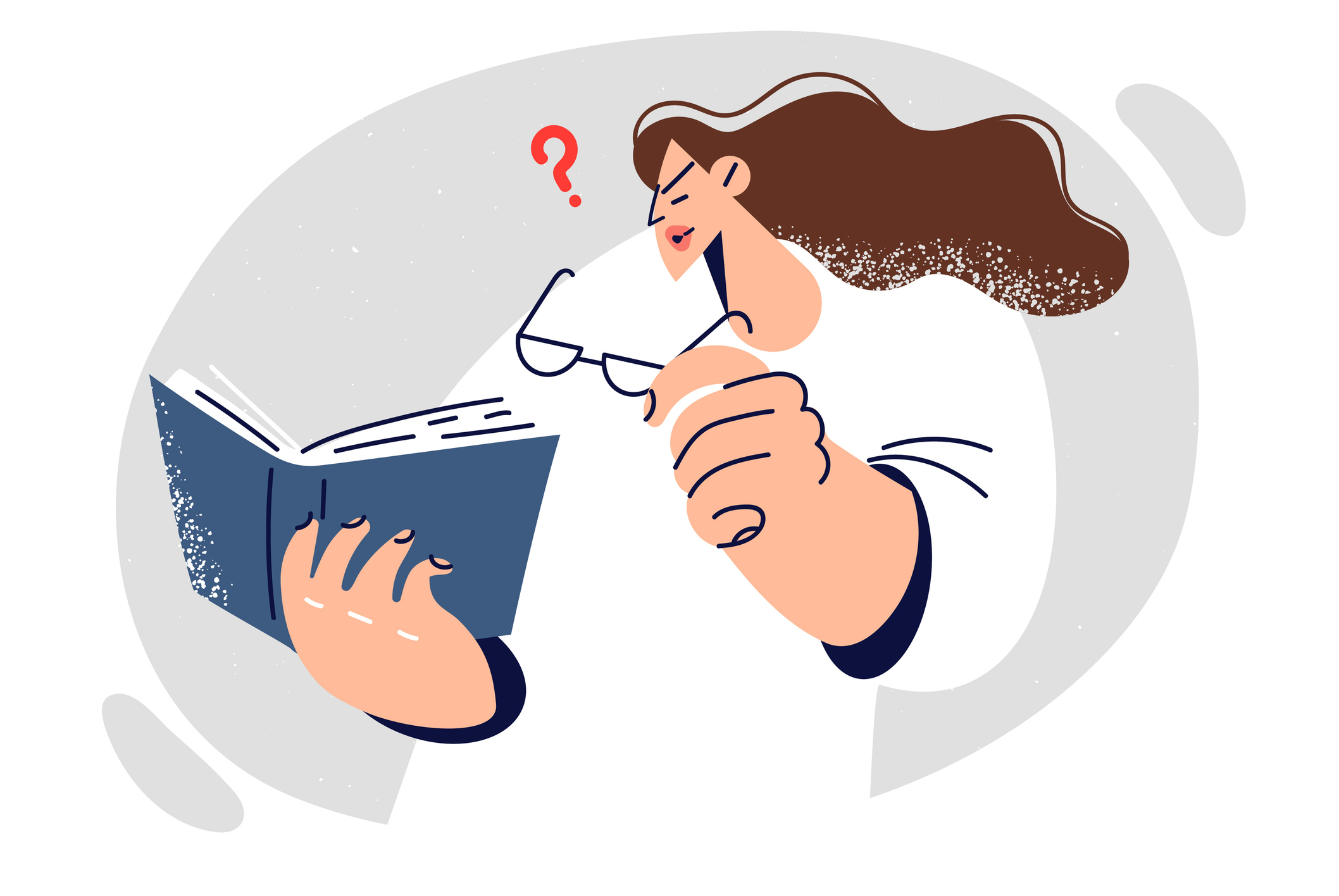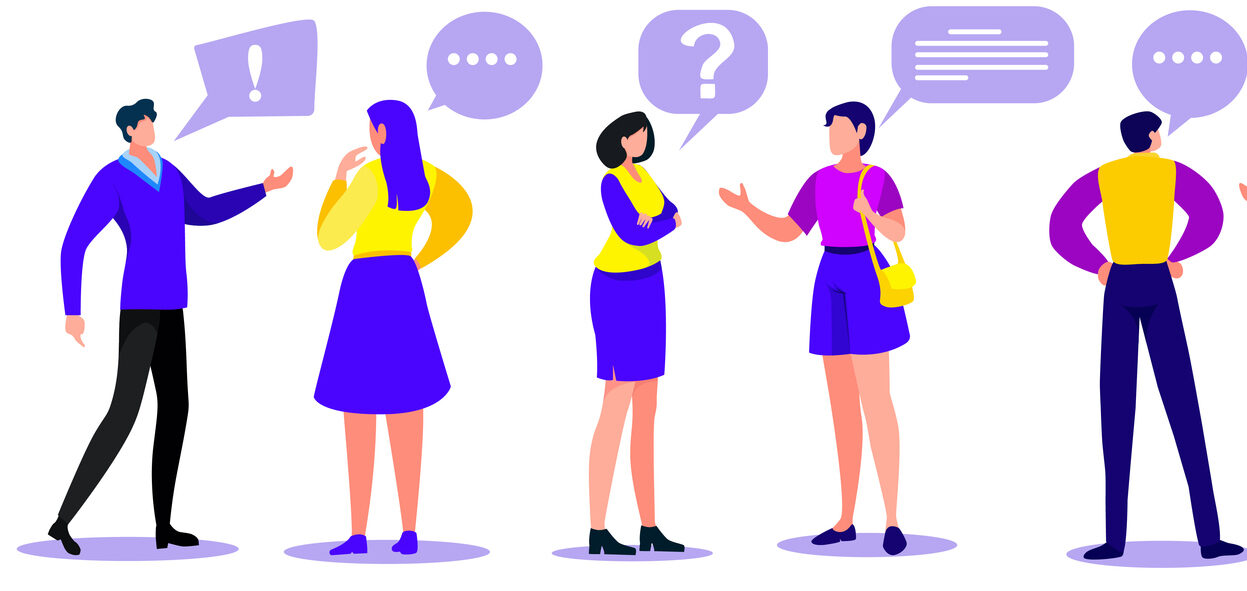Certain words and phrases rise to prominence every year, capturing…
Misappropriating the language of mental illness
 We’ve come a long way in understanding the importance of mental health and reducing stigma around mental illness. One of the (few) upsides to the COVID-19 pandemic is that it made us more aware of mental health, and we’re becoming more willing to talk about mental health and mental illness.
We’ve come a long way in understanding the importance of mental health and reducing stigma around mental illness. One of the (few) upsides to the COVID-19 pandemic is that it made us more aware of mental health, and we’re becoming more willing to talk about mental health and mental illness.
Public awareness campaigns and celebrities talking more openly about their personal mental health problems in recent years have also contributed to a better understanding of mental illness.
Yet we continue to perpetuate the stigma of mental illness through our language. Consider the following examples:
- “I’m juggling so much that I’ve got ADHD.”
- “I’m having a panic attack because this project is late.”
We also frequently use the language of mental illness to label situations or behaviours as undesirable or extreme:
- “That’s crazy.”
- “They’re psychotic.”
Perhaps you’ve used some of these common expressions yourself, or seen them in writing. The problem is that they describe everyday feelings and experiences by using mental illnesses in flippant and casual ways. It’s so common that we may not even notice it.
Over the past 18 months, I’ve worked with a team at BCcampus to adapt and develop mental health training resources for post-secondary institutions. As an editor who frequently works on materials about disability and marginalized groups, I’ve always strived to be vigilant in how language is used or misused. But since working on these courses, I’ve become aware of just how often we use mental health terms inappropriately—something I hadn’t given much thought to before. But it’s become very clear that when we do this, we’re further stigmatizing and trivializing mental illness.
A mental illness is a medical condition diagnosed by a health professional using internationally established diagnostic criteria. Feeling sad, overwhelmed, or nervous is very different from living with a medical condition. Only a mental health specialist can diagnose OCD, PTSD, depression, and other mental illnesses. Instead of using clinical terms inaccurately, we can use words that accurately describe our feelings or experiences:
| Stigmatizing | Non-stigmatizing |
| I’m having a panic attack. | I’m overwhelmed/afraid/nervous/anxious. |
| I’m so OCD. | I’m very organized/tidy (or I like my rituals). |
| That project gave me PTSD. | That project was stressful/upsetting. |
| I’m so bipolar today. | My mood is all over the place today. |
| That drives me crazy. | That bothers/annoys/frustrates me. |
| That game was insane! | That game was so close/exciting! |
| I’m feeling depressed. | I’m having a bad day. |
Another important way to be respectful of those with mental illness is to use people-centred language—separating the disease from the person, rather than hanging a label on them. When describing a person with a mental illness, we need to avoid judgment-laden terms like “suffers from” and “afflicted by.” Here are a few more examples of stigmatizing terms that are freely used and some respectful alternatives:
| Stigmatizing | Respectful |
| is insane | lives with a mental illness |
| is a junkie/addict/alcoholic | lives with a substance use disorder (or is in recovery/has an alcohol addiction) |
| is schizophrenic | lives with schizophrenia |
| suffers from depression | lives with (or experiences) depression |
People who live with a mental illness need evidence-based care from properly trained mental health professionals; it’s not helpful for them to hear their illness used metaphorically, casually, or as a joke. As editors, it’s important that we watch for stigmatizing language when we see it in writing—and we can all be advocates for those with mental illness by championing the use of accurate, respectful, and non-stigmatizing language.



